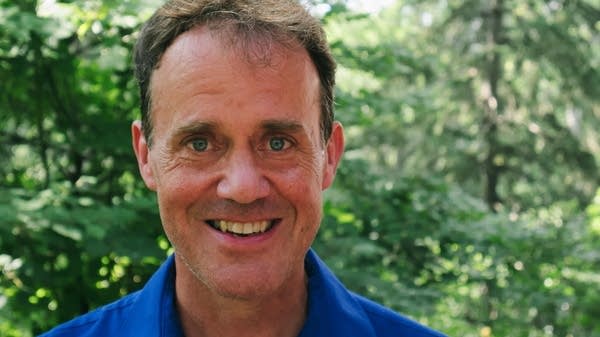"They can be on the road for up to nine months at a time, and be away from their homes and families for that entire period."
Tina Sipp is talking about the 17 members of the African Children's Choir, who appeared in Minnesota during a lengthy 2019 tour.
Under normal circumstances, the group's itinerary would seem punishing, but Sipp, the group's manager, is quick to emphasize that the ACC is anything but an ordinary choir.
It is, she says, aiming at "a profound, significant change in trajectory for real lives," lifting the choir's singers from an impoverished background to potentially better circumstances in the future.
"In East Africa, without an education it's nearly impossible to break the cycle of poverty that children can find themselves in," she says. "We aim to break that cycle."
Recruitment to the African Children's Choir is not by musical talent alone, but by a careful process of sifting to find families who are most in need of assistance.
"We go to the most impoverished areas, where we have contacts through churches or schools, and try to target children who would otherwise not receive an education," Sipp says.
A process of open auditions and meetings with a potential member's family follows, before an offer is made to join the ACC organization.
For most, if not all, of the children admitted to the choir, it is a life-changing moment, as the ACC's commitment to choir members does not finish when a tour is over.
"The children do just one tour each, and when they go back we have our own boarding school and they live in the dormitories," Sipp explains. "And from that point on their education is sponsored and financed all the way through to vocational college or university level."
The process of preparing new ACC recruits to tour involves more than simply learning new songs to sing and dances to go with them.
"Every year we select approximately 20 7- to 10-year-old children who come to our training center in Entebbe, Uganda, for six months before they go out on the road," Sipp says.
"Most of them have not been to school before and don't speak English, so in addition to rehearsing for the musical program they learn English."
The children work on tour, too — the equivalent of two terms' schooling — filling the gaps among performances with English, math, social studies and science lessons from the choir's team of qualified chaperones.
To a First World way of thinking, nine-month trips away from friends and family might seem a daunting, even traumatic prospect for a group of primary school children.
Not so, Sipp says: "We tend to look at that through Western children's eyes, but African children have a very different mindset to the U.S."
They are not so focused on the past and future, Sipp says, more on living one day at a time in the present.
"They're not attached to 'stuff' in the way Western children are, and because their lives back home can be very uncertain, they focus more intensely on what each new day brings. They tend to be more resilient than we are."
Sipp points also to the important role that host families in America play in making sure the choir's members feel welcome when on tour, and in giving them accommodation.
"You can't imagine what these host families and churches and communities do for us," she says. "They take the children swimming, to a fire station, all kinds of things.
"It's hard to get a picture or a vision for your life when you haven't seen anything beyond the 2- to 3-mile radius you live in. The tours expose our choirs to a world much broader than that, and they're also a lot of fun."
Part of the purpose of touring is, of course, to share the African Children's Choir's uniquely vibrant brand of musicality, and a taste of the African continent's rich cultural heritage.
"The children are wonderful performers and dancers," Sipp says. "What particularly captures audiences is their joy and wealth of spirit, and you can't be unaffected by that."
Touring, though, also plays a crucial role in raising the money needed to run the ACC program, and to fund the continuing education of choir members when they return to their native countries.
Sipp is justly proud of the steady stream of ACC alumni who have gone on to work in jobs and professions that seemed impossible before they joined the choir.
"We have doctors, lawyers, teachers, nurses, entrepreneurs, engineers, artists and chefs," she says. "Families are often really pleading with us to take their children on to the program."
Sipp anticipates that the choir members will follow the same path as their many predecessors when they eventually return to Uganda.
"ACC children are our children forever; they are family," she says. "The children that you see at concerts here are representative of a much larger group back home, and they're really with us for life."
Find out more about the African Children's Choir's Minnesota performances.
Love the music?
Show your support by making a gift to YourClassical.
Each day, we’re here for you with thoughtful streams that set the tone for your day – not to mention the stories and programs that inspire you to new discovery and help you explore the music you love.
YourClassical is available for free, because we are listener-supported public media. Take a moment to make your gift today.










